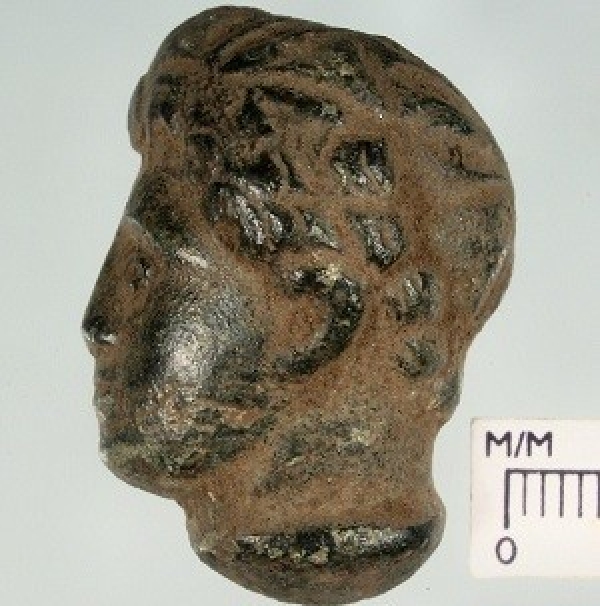www.dur.ac.uk
Description
This is a two-year course, which trains graduate students to be conservators of archaeological and museum objects. You will learn to research, analyse, preserve and care for a wide range of artefacts and you will learn how to make decisions to help safeguard this material for the future. The course is intended for those who wish to become practicing artefact conservators, or who want to work in the fields of artefact research or collections care. Graduates of the course now work in a wide variety of museums as well as large heritage organisations, such as the National Trust and English Heritage.
Course participants are drawn from a wide range of disciplines. However, manual dexterity, a basic knowledge of chemistry and the desire to work with museum objects are all essential prerequisites. The first year consists of 11 months intensive teaching in Durham. The second year is typically an industrial placement in a conservation laboratory at a major museum or heritage organisation. Fees in the second year are approximately 35% of the initial year.
The course is structured into six modules: Conservation Theory Conservation Skills Artefact Studies Care of Collections Conservation Practice Professional Practice. The first five are completed over the course of the first year and the sixth, Professional Practice, is completed in the second year.
Materials are delivered through a mixture of lectures, seminars and practical classes as well as an industrial placement. The balance of these types of activities changes over the course as you develop your knowledge, skill and the ability to be an independent learner and practitioner. All teaching is delivered by qualified conservators with experience in the museum sector.
Specific details
University
Durham UniversityLocation
Stockton Road, Durham, County Durham, DH1 3LE
